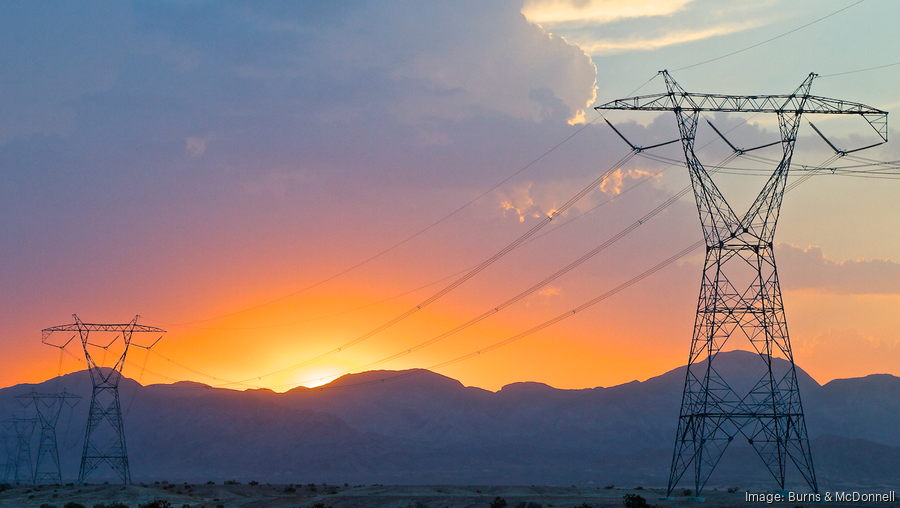Duke Energy Carolinas says its rate increase will be just 1.2% — and it won’t be felt until after 2022.
The utility estimates that North Carolina regulators' order last week approves a 1.2% rate hike, but that customers will see no increase in the first four years because Duke owes customers money back for excess collections in the past.
The ruling is likely to have an impact on the stock of parent company Duke Energy Corp.(NYSE:DUK). The Charlotte-based company says in a filing with the Securities and Exchange Commission Monday it will take a $150 million impairment charge against its earnings for the second quarter to account for the impact of the rate ruling.
The utility had asked for a rate increase of 11.6%. The state’s utility customer advocate, the Public Staff of the N.C. Utilities Commission, had argued in the proceedings that no increase was warranted and that rates should be cut by as much as 6.4%.
'Evaluating its next steps'
The ruling issued by the N.C. Utilities Commission fell somewhere between, but much closer to the Public Staff’s position than the utility's. After the order was issued late Friday, Duke said it was reviewing the order and “evaluating its next steps.” The company said it disagrees “with some of the findings in the order” but has not said whether it intends to appeal it.
Duke says the new rates ordered by the commission will go into effect in mid-July. But customers overall will see no increase — and in fact, will see rates reduced 0.1% — at first. That's because the commission ruled Duke must return $60 million a year in excess charges it passed on to customers for deferred state income taxes the company anticipated paying.
The overcharges to customers were the incidental result of tax cuts passed by the N.C. General Assembly in 2013 and 2015, then phased in over time. The commission ordered that Duke repay those overcharges through a reduction of rates in 2018, 2019, 2020 and 2021.
Duke had agreed to that payment plan in advance of the hearings on its rate case in March.
Federal tax, coal ash
The big cuts to Duke’s proposed rate increase were commission’s decisions to related to $211 million in annual federal tax cuts and to Duke’s request to add $201 million into rates to account for the future costs of cleaning up its coal-ash operations.
Duke had acknowledged that the income tax savings resulting from the steep corporate tax cut approved last year by the federal government should be passed on to customers. But it proposed phasing those savings in because, it argued, accounting for the full tax cut all at once in its rate base would cause cash-flow problems and weaken its credit rating. The commission rejected that reasoning and ordered an immediate reduction of the full annual tax savings.
On coal ash, the commission disallowed Duke’s request that it be allowed to collect $201 million a year in rates to pay for its ongoing cleanup of coal-ash operations — anticipated to cost about $2.7 billion.
No special charges
The commission has ruled that customers will ultimately have to pay most of those costs. In this rate case, the commission allowed Duke to add $545 million into the rate base for money it had already spent on ash operations — less a $70 million mismanagement penalty.
But it said Duke could not add a large amount to the rate base now to account for future spending. It could seek increases in future rate requests as the utility spends additional money.
The commission also rejected a proposal that Duke be allowed to set up a streamlined process for charging customers annually for a $7.8 billion grid modernization program. Those annual increases would have been in addition to what the commission approved in the general rate case. Customers may still end up paying all those costs, but the commission said Duke must request to add those charges in regular rate-case proceedings, not in annual riders.
